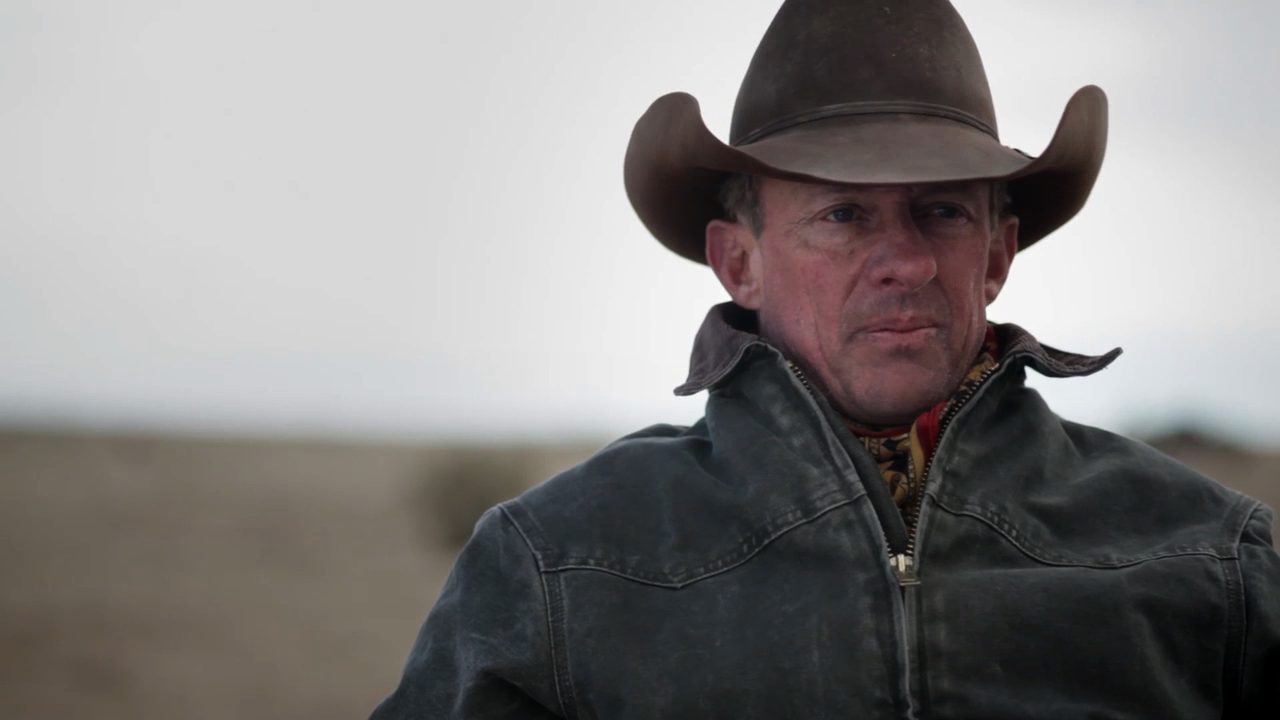It is beyond proving that there are an infinite number of real stories that need to be told onscreen, and modern documentaries are embracing this at a rapid rate. One of these small stories is Hanna Ranch, a Colorado-produced documentary that will be most relevant to in-state audiences, but provides plenty of emotion and significance for others to enjoy.
The film bridges a gap between two forms of documentary: environmental cautionary tale and authentic family drama. In this setting, both conflicts are in the forefront of discussion. Ranching and raising cattle is one of the foundations for the state of Colorado and brought many of the earliest settlers into the land. It’s practice requires a good chunk land to properly graze cattle, but an even larger amount of land if the rancher strives for long-term success and environmental conservation.
The Hanna Ranch was founded under environmental practices that were sustainable long before saving the earth was a trendy hashtag. In fact, few cattle ranchers adopted these principles because they required more time and more deliberation. As a result, the Hanna Ranch has outlasted all of its neighbors through massive urban development, thanks to a handful of family members who have devoted their lives toward the property. Colorado Springs is no longer a quaint farm town but Colorado’s second largest city, and Hanna Ranch has taken desperate measures just to hang on.
Colorado Springs is no longer a quaint farm town but Colorado’s second largest city, and Hanna Ranch has taken desperate measures just to hang on.
Kirk Hanna, who group with six siblings on his father’s ranch in Colorado Springs, CO, attempted to save this ranch late into his life when everyone else seemed to be giving up on this old lifestyle. Featured in the book Fast Food Nation, his care for the environment dubbed him as “the eco-cowboy.” After his death, his wife and daughters continue to have to fight hard against pressure from external family members and the rapidly developing world around them to care for a piece of property with so much historical and agricultural significance. While everyone else in the family wanted to cash in and make a profit by covering the land with asphalt, the few who cared to hold onto it have managed to do so, but continue an uphill battle as ranching feels more like a figment of the past.
The film documents the history of the ranch from its inception in the 1940’s until the present day through a good amount of historical footage mixed with interviews of friends and family of the ranch. The best praise is that it covers both territory of environmental education and also shows all the sides of the family through their turmoil. But it may be a swan song for family ranching: what could have been amplified is ways that audience members can help the cause. Even if they are few they must exist beyond the documentary. Also, there are a few holes in the story, and missing elements that could have led to more intrigue but leave the audience just a little short of necessary information, the tell-tale sign that this is a micro-budget project. Even for a runtime of 75 minutes, the film moves rather slowly at times, retracing its steps just a few too many times. Overall, like any good documentary it exposes a world that would otherwise be missing from news coverage, and on a personal level I am happy to see movies being made and produced in my home state of Colorado.
Hanna Ranch has been screening in various cities and festivals across the US, and is now also available for purchase on iTunes.
Ryan Rojas
Ryan is the editorial manager of Cinemacy, which he co-runs with his older sister, Morgan. Ryan is a member of the Hollywood Critics Association. Ryan's favorite films include 2001: A Space Odyssey, The Social Network, and The Master.

